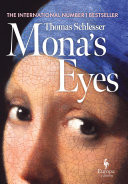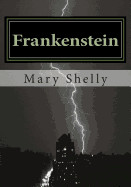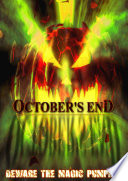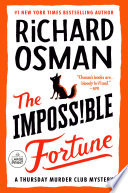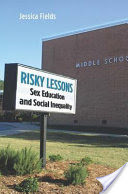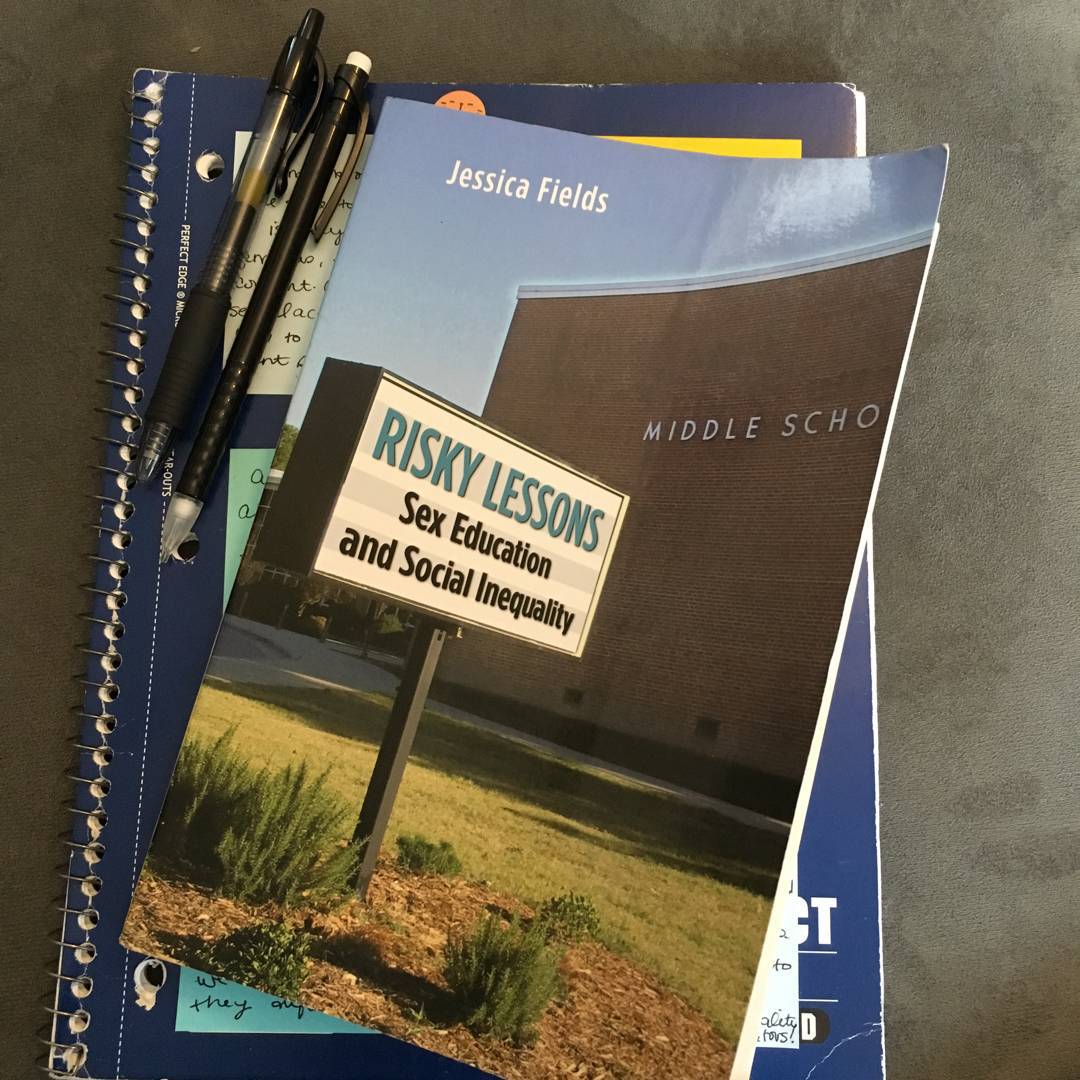
Finally finished this book. I‘ve been reading it off and on for months. (I think that‘s due to school burn out on my part). This book is a good resource if you want to learn about debates around sex ed and how we continually produce social inequalities in the classroom. It is 10 years old, so some info is outdated, but unfortunately a lot of this still occurs today. Continued below...
PerksOfBeingABookworm One complaint that I had, is the use of the word “transgendered.” Yes, the book is a decade old. However, I don‘t really accept this excuse. Just like we don‘t use the words “Blacked” or “Latinoed” or “gayed,” it doesn‘t make sense to use the word “transgendered.” It‘s not something that happens to you, it‘s part of who you are as a person. And that concludes my rant. My apologies. 7y
readordierachel Good point! 7y
Suet624 Yes, good point. 7y







